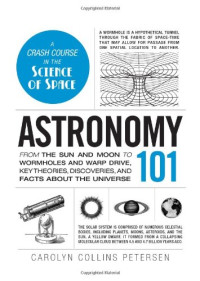- Main
- Engineering
- The Fourth Phase of Water: Beyond...

The Fourth Phase of Water: Beyond Solid, Liquid, and Vapor
Gerald H. PollackHold on tight as Professor Pollack takes us on a fantastic voyage through the cutting edge of water, showing us a hidden universe teeming with physical activity.
Everybody knows water is just H20... right?You may be surprised to find out that when ordinary H2O touches most surfaces, it transforms into EZ water, aka Fourth Phase water. This transformed water is fundamentally different. In fact, it doesn't even share the same formula. EZ water is H3O2!
So what?First off, EZ water is not rare. You'll find it everywhere. Large quantities exist in clouds, rain, waves, trees, and even you. EZ water fills your cells.
Secondly, EZ water does not act like H2O. It has its own set of traits residing somewhere between ordinary water and ice. As it builds from regular water, it creates electrical charge- a battery of sorts. This energy is used throughout nature.
The book.Pollack writes in a clear, eloquent style with anecdotes to spare. Numerous whimsical illustrations and simple diagrams help get his points across in a reader-friendly manner perfectly suitable for non-experts. Topics range from:
• How EZ Water was discovered, and how this structured water appears in plain sight.
• Fresh explanations for many long-held theories, such as: osmosis, Brownian motion, capillary action, and how plants grow.
• Massive implications for Health, Biology, Energy.
The Fourth Phase of Water: Beyond Solid Liquid has garnered multiple awards including the International Award of Excellence from the Society of Technical Communication.
- Descargar
- epub 10.57 MB Current page
- Checking other formats...
- Convertir a
- Desbloquea la conversión de archivos de más de 8 mbPremium
El archivo será enviado a tu cuenta de Telegram durante 1-5 minutos.
Atención: Asegúrate de haber vinculado tu cuenta al bot Z-Library de Telegram.
El archivo será enviado a tu dispositivo Kindle durante 1-5 minutos.
Nota: Ud. debe verificar cada libro que desea enviar a su Kindle. Revise su correo electrónico y encuentre un mensaje de verificación de Amazon Kindle Support.
- Envía a dispositivos de lectura
- Mayor límite de descargas
 Convierte archivos
Convierte archivos Más resultados de búsqueda
Más resultados de búsqueda Otros beneficios
Otros beneficios
Términos más frecuentes
Listas de libros relacionados




















































































































































































































 Amazon
Amazon  Barnes & Noble
Barnes & Noble  Bookshop.org
Bookshop.org 








































